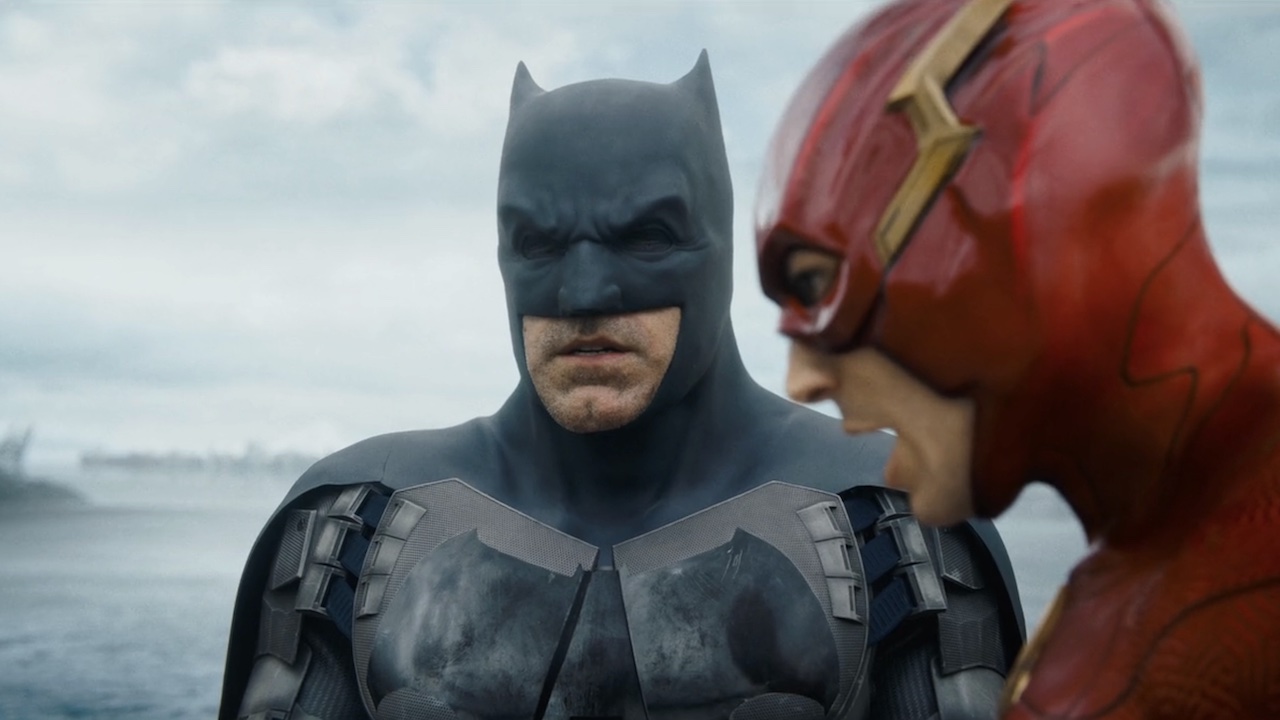What Went Wrong With Assassin's Creed: Unity, According To Ubisoft

One of the most talked about and controversial outings from Ubisoft in the Assassin's Creed franchise has to be Assassin's Creed: Unity. The game was hailed as a gorgeous but broken gameplay experience. Well, Ubisoft finally explained exactly what went wrong.
During this year's Game Developers Conference in San Francisco, California, creative director Jean Guesdon talked about the development of Assassin's Creed: Unity during the "10 Years of Evolution of the Assassin's Creed Brand" talk. Eurogamer transcribed some of Guesdon's comments about the roadblocks and hiccups the teams ran into while building Unity, with Guesdon saying...
We fell again into this trap of working a lot on the tech, and not allowing enough [time for] the teams to create the content to create something new. In the end, that's the way I see it. We created the perfect conditions for the perfect storm. We had a game that was wonderful in terms of art, but that was not renewing enough of the experience.
Guesdon compared Assassin's Creed: Unity to the original Assassin's Creed that came out in 2007. Jean explained that both games put the tech before the content, and that both games suffered from the problem of the team trying to bring tech to life as opposed to giving gamers a very thorough gameplay experience.
Development on Unity started back in 2011 and the game was finished in 2014, a year after the Xbox One and PS4 released. It was also the first exclusive eighth-gen outing for the Assassin's Creed franchise, following up on the previous year's cross-gen outing of Assassin's Creed IV: Black Flag.
Despite having a three year development cycle, Guesdon notes that focusing on the "low" level tech blinded the team from focusing on content-driven gameplay.
It does make sense in a way given that most people admit that Assassin's Creed: Unity is one of the best looking games from eighth gen and that the design of France is both densely realized and artistically captivating. Unfortunately, a lot of the exploration and navigation was impeded by graphical glitches, frame-rate issues and performance roadblocks; many of these problems persisted for well after six months of the game's release.
Ubisoft decided to change the way design approaches were made for the games that followed, with Assassin's Creed: Syndicate being more content-focused, while Assassin's Creed: Origins was themed around player-choice and an overhaul of the combat system, which was mirrored after games like Dark Souls and Dragon's Dogma.
CINEMABLEND NEWSLETTER
Your Daily Blend of Entertainment News
What's interesting is that Assassin's Creed: Unity was about putting tech before gameplay, and it didn't quite pay off due to some hiccups that the team should have fixed before it was released. Perhaps if it had six months of extra development time it could have released as an instant classic instead of developing a reputation of a rushed and buggy game.
These days people use Assassin's Creed: Unity as an example of a game that didn't bake in the oven long enough. It's a real shame, because it is true that it does a fine job of visually capturing the French Revolution unlike any other game before it.
Staff Writer at CinemaBlend.
Doctor Odyssey Set Up Potential Exits For Its Stars, And I Have Strong Feelings About What Phillipa Soo’s Avery Needs To Do
Matlock’s Season Finale Revealed The Welbrexa Culprit, But That Wasn’t The Only Shocker That Left Us Hanging
NCIS Drops First Looks At LL Cool J’s Return Following Hawai’i Cancellation, And I’m Excited To See Sam Hanna Back In The Franchise










